
5 Tips For Your First Adventure Race
ERIC: “Can Ryan and I stay at your place Friday night? We have a snowshoe race on the weekend!”
ME: “Is the race here? I want to do it! Yes you guys can crash.”
ERIC: “Yes, next Sat.”
ME: “K. I’m gonna find a team and race. How hard is the navigation?”
ERIC:“Only need a partner. It is not that bad. Register by Wednesday.”
ME: “K”.
Saturday, January 19th 2013, marked the first Adventure Race I have participated in since Salomon’s Canadian Championship’s in 2006. In 2006, my co-ed team finished strong in the top quarter overall.
And so, the work week leading up to Salomon’s Adventure Orienteering Running Race: Don’t Get Lost began with messaging 2 local athletes, Scott Thorton, ex-NHL player and owner of my local crossfit gym: Crossfit Industri , and Mark Arnold, Founder of Hark Events and Crossfit Industri Coach. Both replied instantly with kind efforts to find me a partner with such short notice. Emails got passed around and eventually landed in the inbox of Chetan Mishra’s.
Chetan introduced himself as “an intermediate navigator.”
Perfect, and I replied with:
“Right on. Ok, I have 2 racers staying with me tonight, so I will ask for a refresher on my dusty navi skills. I will happily take your lead and offer thoughts if totally unsure – cool?”
Team “Untamed Torpedo” (Chetan made that up!) was born.
I received the 10 minute navi crash course I needed from Eric the night before the race and was feeling as ready as I would ever be given the timing. I found out that night that the course would likely take us over 20-30 km on foot through the bush. I laughed out loud. Oh shit….hahaha… Since my back injury in November, I have not covered any substantial distance on foot worth mentioning. Luckily, I have experience drilling myself into the ground and can get myself into the mindset needed to endure 3 hours (and 23 minutes) of expected discomfort.
Chetan and I greeted with a massive smile and handshake and immediately got down to business. We had a full hour and a half to mull over the maps and make a plan of attack. I felt comfortable with Chetan’s leadership skills, asking me to take notes and calculate the points as he planned the route.
The bus dropped us all off at the mouth of Loree Forest on the top of the escarpment, just outside of Collingwood Ontario. There were a series of checkpoints scattered off the beaten path between Loree Forest and Blue Mountain’s South Base Lodge. Each checkpoint was worth a certain number of points, so it was up to each team to decide what checkpoints to skip, what checkpoints to get no matter what, and what checkpoints to decide upon once the race had commenced. The one key factor was returning to the finish line within 3 hours, as every minute after would deduct 10 points from your score.
I started to hurt pretty good around the 2:45 mark. My brain had programmed 3 hours, and we ended up punching the finishing line checkpoint at 3:23.
We finished in the bottom quarter, and I could not have been happier. I loved every groaning and aching minute of it. Snow, slush, mud, streams, rock, roots, bush, thorns and frozen sand dunes. I was back in my element.
Instead of listing what I could have done better (I am aware – don’t worry!), here is a list of things to consider for your first Adventure Race:
5 Adventure Racing Tips For Your First Race:
1 // Set out team expectations immediately
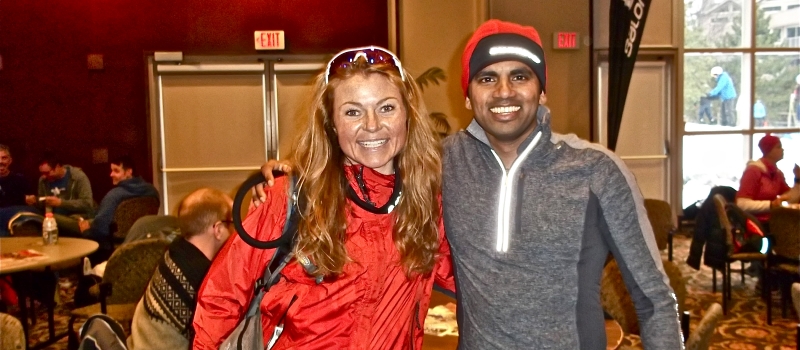
Are you going to win? Are you out to simply finish? Or somewhere in between? Who will lead? Who will follow? Who will ensure your team is fuelling effectively? Within the first 2 emails sent between Chetan and I, we had shared our physical abilities, our past AR experience, weaknesses and strengths. Given Chetan’s more recent AR experience, I gladly passed the Navigational Leadership role on to him. We shared the same goal: we will try our absolute best and and have fun while doing it.
2 // Use gear you know:
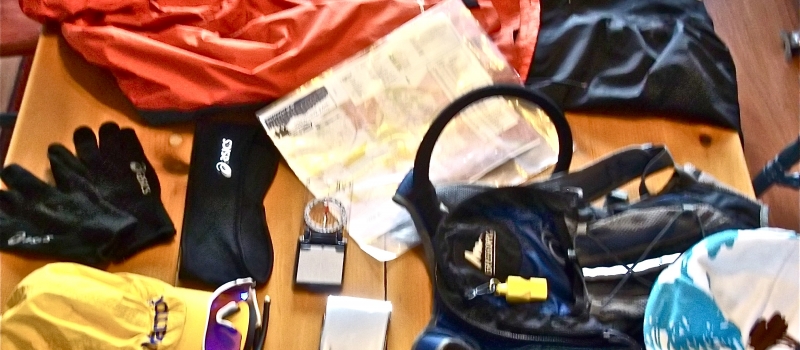
A race is not the place to try out new shoes or new food or new anything for that matter. In our case, Chetan and I were new to each other. In an ideal situation, even your partner should not be new to you. Use what you train with. Out of minor panic, I had bought YakTrax the night before. Although I was daydreaming of the mini crampons mid race on one of the steeper angled slopes we were descending awkwardly, I know better, and decided race morning this was not the day to find out if I liked them.
3 // Rely on past experience
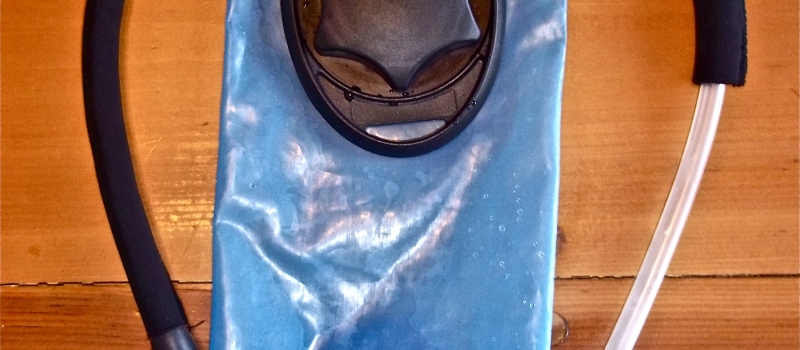
What do you find pestering when you are out for a long training run? Is snow or rain pelting your eyes? Consider wearing glasses. Oakley’s sport line has been designed with the outdoor athlete in mind. Anti fog, anti slip, durable construction and the option of clear lenses for rain days make them a staple piece of gear. They also block the whipping tree branches from pelting your eyes mid-bushwhack. Do you avoid hydrating because you just don’t want to carry a bottle? Bad idea! Consider a Camel Back for easy handsfree hydration. Do you sweat after 7 minutes of running because you overdressed? Consider wearing one less layer, even being slightly cold at the start line is ok. We all experience different frustrations when training. Manage yours for your first race!
4 // Rest, hydrate and fuel properly – all week long
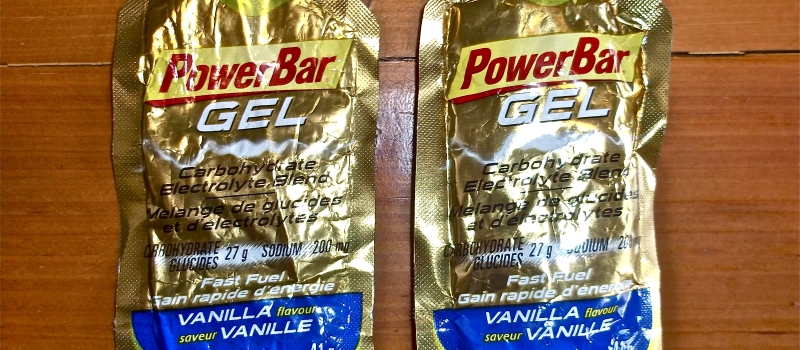
It is a common misconception that fuelling, hydrating and resting is key the night before the race. Sure, it is, but not more important than any other day in your life! Technically, your lifestyle should be mimicking this ideal, although sometimes not possible. Aim for proper rest, hydration and fuel the entire week leading up. Gorging the night before the race will likely do no more then give you cramps. While racing, consider fuelling and hydrating every 30-45 minutes.
5 // Minimize Stressors
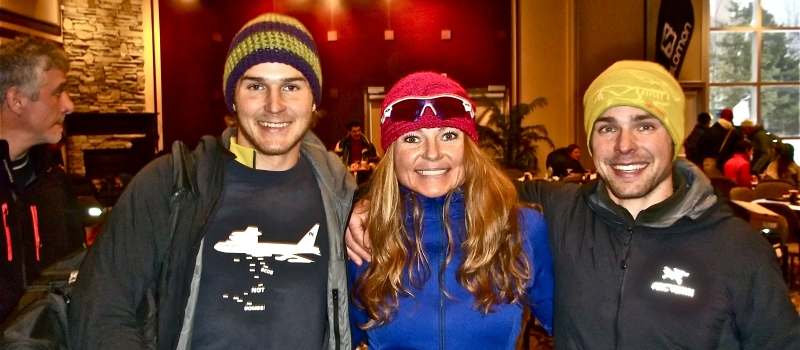
Physical, emotional and mental stressors are all exhausting. How do you gauge your levels in each one of these stress categories? Training, family, finances and work are all commonplace for breeding stress in our daily lives. Be aware of and try to minimize stress factors in the week leading up to your race.
If you have a must do tip for new AR’ers out there, we would love to read about it! Please leave your tips below!

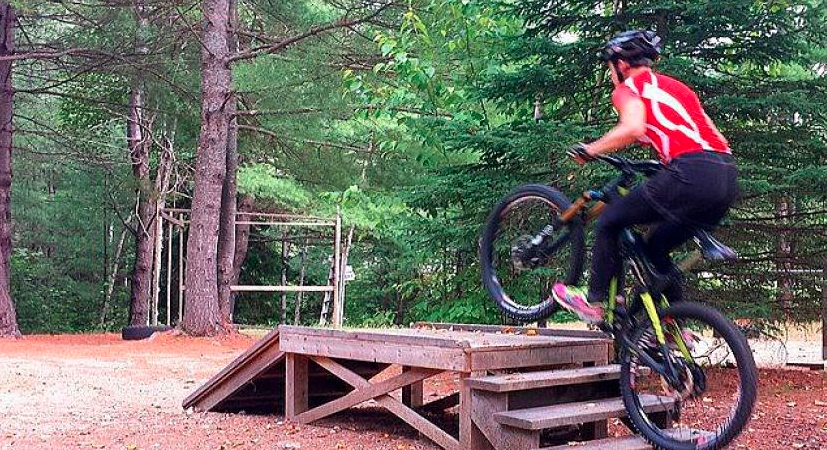
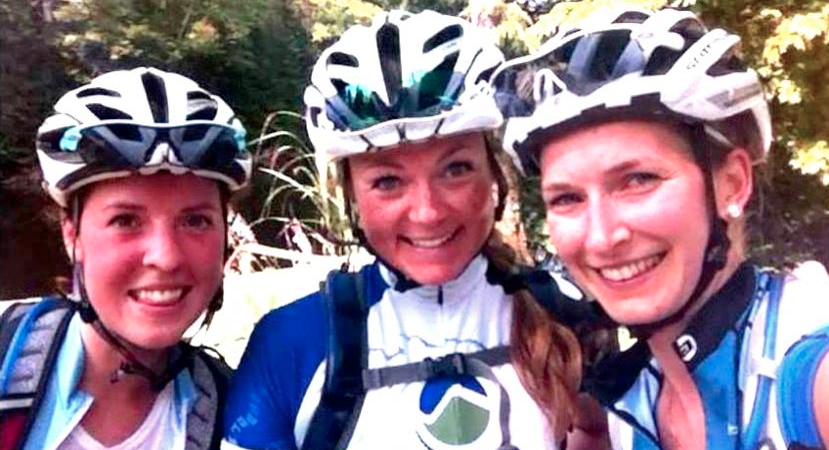

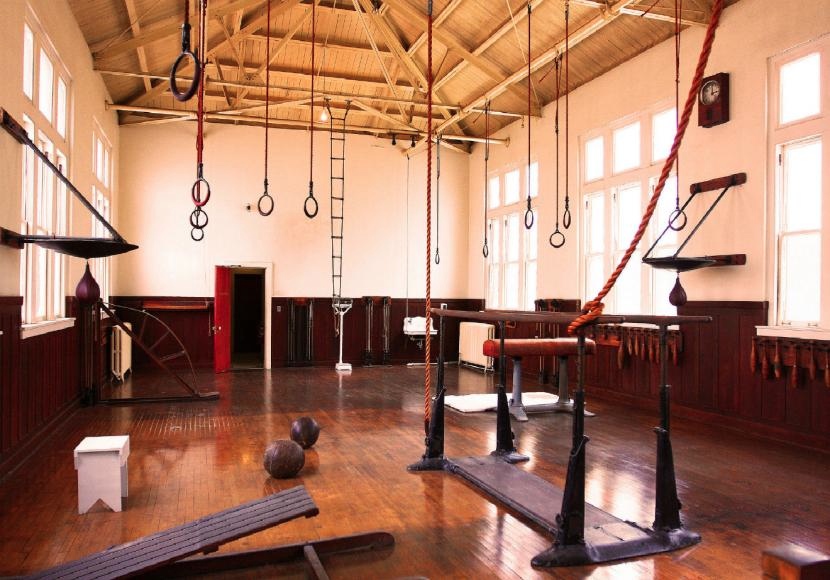


You hit the nail on the head about hydration and taking a week to properly do it. A big mistake people make is hydrating too much the night before and then throwing their electrolytes all out of balance right before the race.
Hey Mark thanks for the comment. If you were to ad Tip #6, what would it be?
I’d say tip #6 would be to train with your team prior to the race. Knowing your strengths and weaknesses ahead of time will allow you to manage your expectations and allow you to adapt your strategies to maximize team efficiency. Plus it’s just fun!